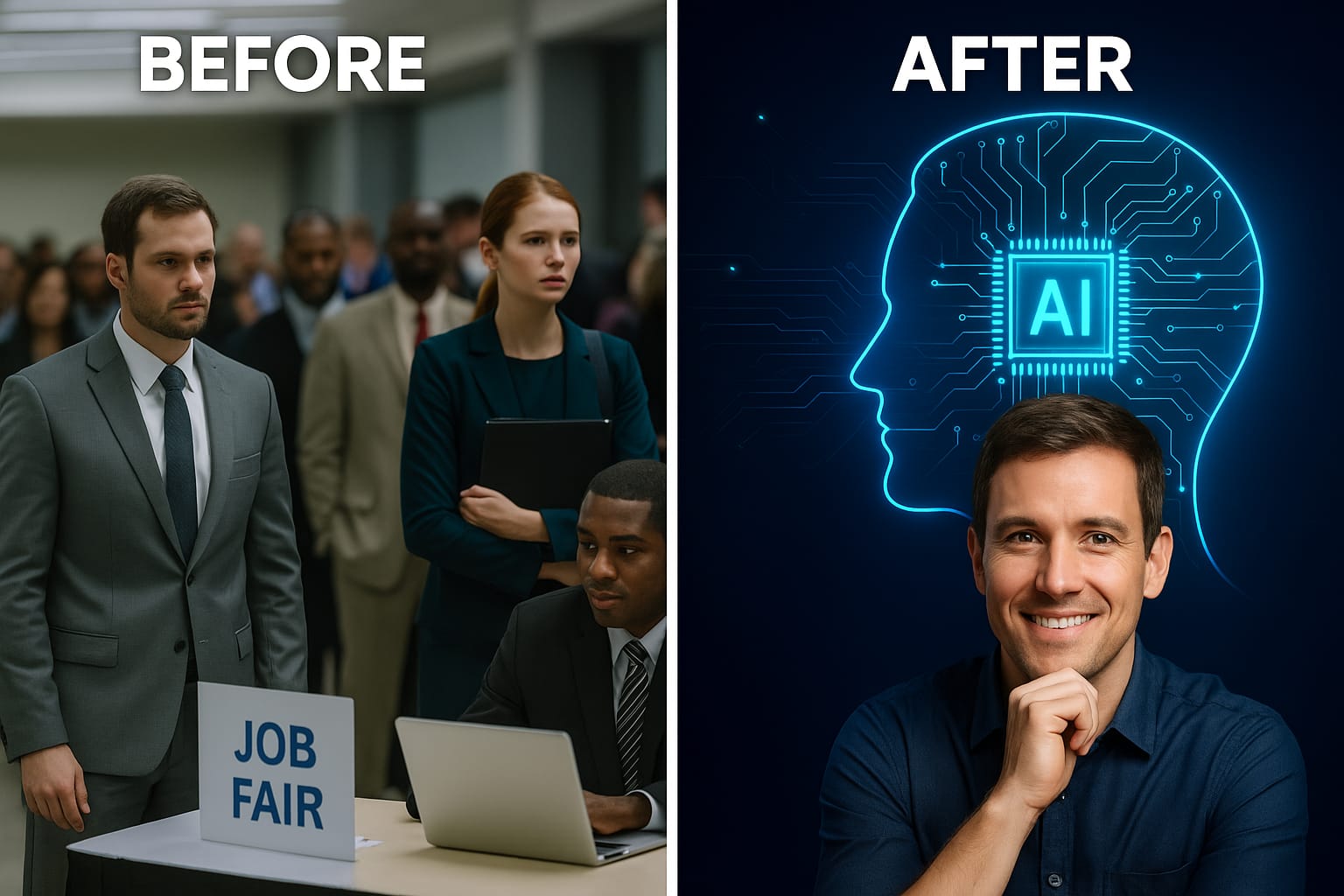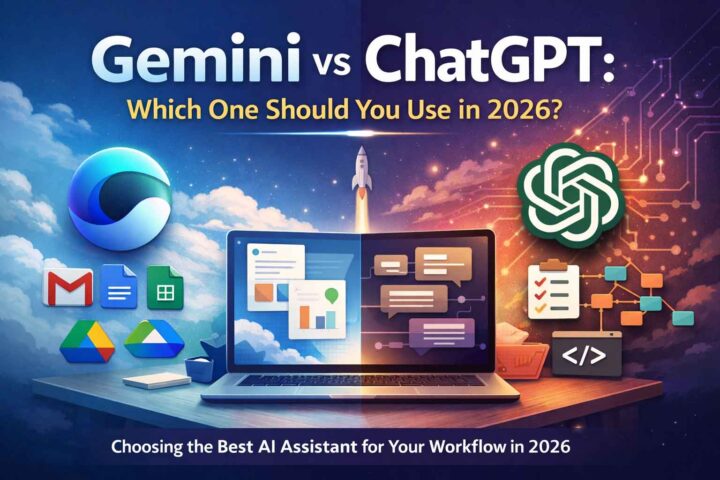Artificial intelligence is accelerating at a breakneck pace, transforming sectors from healthcare to finance. But in the U.S., that progress brings economic uncertainty: a new report estimates that 45 million American jobs could be disrupted by 2028 due to AI automation. As the potential scope of disruption becomes clear, advocates are revisiting the concept of Universal Basic Income (UBI) as a stabilizing solution. The Gerald Huff Fund for Humanity’s analysis warns this isn’t a minor shift—it’s an upheaval comparable to only once-in-a-century changes in the job market.(Tom’s Guide, Business Wire)
AI’s Rising Tide and Jobs on the Edge
The study projects that nearly one in four U.S. jobs, across manufacturing, customer service, logistics, and administrative roles, face high automation risk. As companies invest in AI to boost efficiency, many jobs that paid steady wages may evaporate entirely. Sectors like transportation, banking, and retail, which once offered reliable career paths, are now on the front lines of AI-driven change.(Business Wire)
UBI: From Theory to Policy Debate
With this scale of disruption looming, UBI, unconditional income provided regularly to all, has reentered serious political discussion. Proponents argue that a UBI could cushion families and communities as they transition, offering basic financial security while people upskill or pivot careers. In an environment where retraining and traditional safety nets are often insufficient, UBI might serve as a last line of defense against economic instability.
AI Industry Flexes Its Political Muscle
Meanwhile, the AI industry isn’t sitting on the sidelines. Major players are pouring hundreds of millions into lobbying and political action, efforts that could shape how safety, regulations, and economic interventions like UBI unfold. OpenAI, Anthropic, and others are investing heavily to influence policy in ways that balance innovation with public accountability.(The Guardian)
What This Means for Americans
This isn’t just theory, it’s a call to action. Millions of Americans may soon find themselves in job markets reshaped by AI. Policymakers and business leaders must navigate not just technological innovation, but the human dimension of an AI-powered economy. A discussion on economic stability, worker dignity, and a futuristic workforce is already underway.
For those navigating this shift, our AI Tools section examines ethical technology trends, while News keeps you updated on policy and market impact. To understand how AI might complement rather than replace careers, explore the Technology and Tutorials pages for practical AI skill-building.




